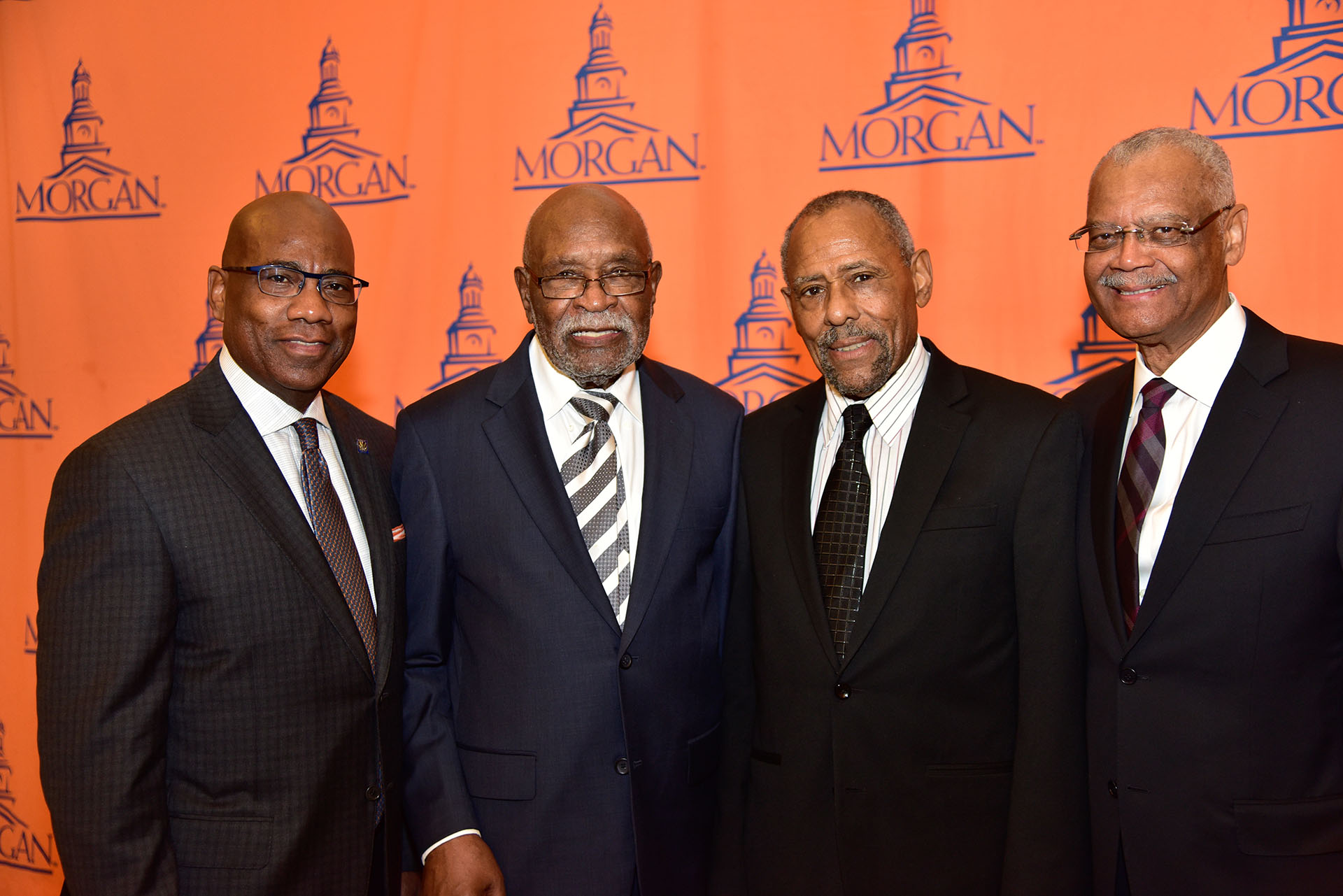Earl Richardson, the longtime Morgan State University president who led a landmark fight for funding equity at historically Black colleges and universities (HBCU), has died. He was 81.
Morgan State, where Richardson served as president from 1984 to 2010, announced his death on Sept 13. The school called him a transformative leader whose 26-year tenure reshaped the Baltimore campus and raised its national profile.
A lawsuit that reshaped HBCU funding
Richardson played a central role in the Coalition for Equity and Excellence in Maryland Higher Education Inc. The group filed a lawsuit in 2006 claiming the state had underfunded its HBCUs for decades.
The case, often compared to Brown v. Board of Education, ended in 2021. Maryland agreed to provide $577 million in new funding over 10 years to four HBCUs, including Morgan State.
Although Richardson, as a state employee, could not serve as a plaintiff, colleagues credited him as the visionary behind the lawsuit. “He was armed with history,” said David Burton, a Morgan graduate who joined the coalition.
Student protests sparked his fight
In 1990, Morgan State University students staged a six-day takeover of the administration building. They protested broken dorms, leaking roofs, and outdated labs.
Richardson, who had marched in civil rights protests as a student, urged them to take their demands to the state. Students then walked 34 miles to Annapolis, forcing a meeting with the governor. That protest paved the way for the later lawsuit.

The Morgan Renaissance
Under Earl Richardson, Morgan’s enrollment doubled and new academic schools opened, including architecture and social work. The university achieved doctoral research classification, and more than $500 million went into new facilities.
On campus, the era became known as the “Morgan Renaissance.” Some called it “Richardson’s Renaissance.”
Lasting impact on HBCUs
Even after stepping down in 2010, Richardson stayed involved as a professor and researcher. He also worked on national boards and commissions focused on education.
His testimony before Congress in 2008 highlighted HBCU struggles. He stressed that Black colleges nurtured top scholars and gave opportunities to students who doubted college was possible.
“We can make them the scientists and the engineers and the teachers,” Richardson told lawmakers. “But only if our institutions have comparability and parity with others.”
Remembering a leader
Kweisi Mfume, chairman of Morgan’s Board of Regents, called Richardson “a transformative leader and stalwart in the fight to ensure a college opportunity for all students.”
Current Morgan president David K. Wilson said Richardson’s legacy “left an indelible mark on higher education.”

